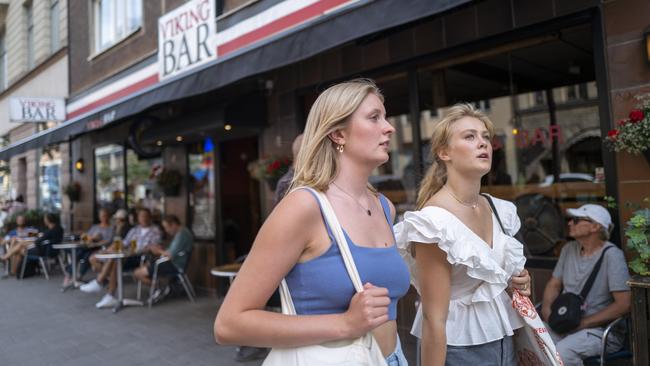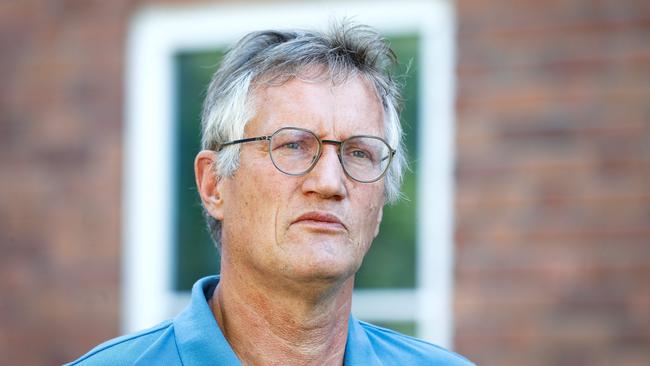Sweden tries to isolate COVID-19 cases without a lockdown as infections surge
The new measures recommend that all members of a household isolate for a week if one gets infected with COVID-19.

Sweden, almost alone in Europe in rejecting a broad lockdown this northern spring, has introduced new guidelines to curb a surge in coronavirus infections but is sticking to its largely voluntary approach.
The Nordic country, which only had minor restrictions throughout its epidemic, had until recently been spared by the second wave of COVID-19 cases currently sweeping Europe. Authorities’ hopes that this was the result of collective immunity built as the disease spread rapidly through communities earlier in the year were dashed in recent days when a surge in new cases put Stockholm on track to reach last northern spring’s infection record.
The new measures, in force for less than a week, recommend that all members of a household should isolate for a week if one of them becomes infected. Those unable to work from home will be eligible for sick pay.
In addition, anyone experiencing cold-like symptoms such as a sore throat is encouraged to stay at home and get tested for COVID-19. So far, testing was only recommended for those experiencing clear symptoms of the disease, such as loss of smell or high fever.
Anders Tegnell, Sweden’s state epidemiologist and architect of its coronavirus management, said his country would fare better through the course of the pandemic than nations that had imposed more stringent restrictions.
Isolating contacts in households for a week would “diminish the risk that they actually spread it, especially into elderly homes,” Mr Tegnell said on Wednesday.
Mr Tegnell said the new measures were a response to rising infection levels in Stockholm and some other regions. He said people aged 20 to 29 were now the engine of the pandemic’s spread.

An analysis of Stockholm’s wastewater this week suggested that the rate of coronavirus infections in the capital had doubled in September compared with the previous month.
A similar trend has been occurring across Europe since late summer, with the number of cases growing across the board, and, in some countries like Spain, hospitalisation rates now also increasing.
While Mr Tegnell said Sweden wasn’t registering a rise in hospitalisation, he said that herd immunity had not materialised. Herd immunity is the stage of an epidemic when enough people have become immune to the pathogen either through falling ill or receiving a vaccine to stop it from spreading through society.
“For COVID, it’s been difficult to measure the immunity … it’s been a mystery to me. We probably have some kind of level of immunity in Sweden,” he said. “For COVID-19, (herd immunity) is still a foggy concept, how important it is and how it really works over time.”
He rejected claims that Sweden’s high level of deaths this spring compared with its neighbours was a result of authorities pursuing herd immunity. The deaths, he said, occurred despite and not because of government guidelines to protect nursing homes and to limit the spread of the disease.
“This was definitely not a conscious decision, it was definitely not a question of sacrificing anybody or letting people die of this disease on purpose,” he said.
Mr Tegnell blamed the death rate — COVID-19 deaths in Sweden now total 578 per million inhabitants, compared with 115 in Germany — on nursing homes that failed to implement government guidelines early and effectively.
“We all knew from the very beginning that this is a very dangerous disease for the elderly and we did spread that message but unfortunately that message wasn’t really picked up by all nursing homes,” he said. “Some of them did, some of them didn’t.”
Mr Tegnell said his country’s strategy based on voluntary compliance would prove a success in the long run. He predicted the pandemic would last at least another year — the time needed for vaccines to become widely available.
Vaccines would initially have to be reserved for specific groups, he said, because of their limited availability.
The Wall Street Journal




To join the conversation, please log in. Don't have an account? Register
Join the conversation, you are commenting as Logout